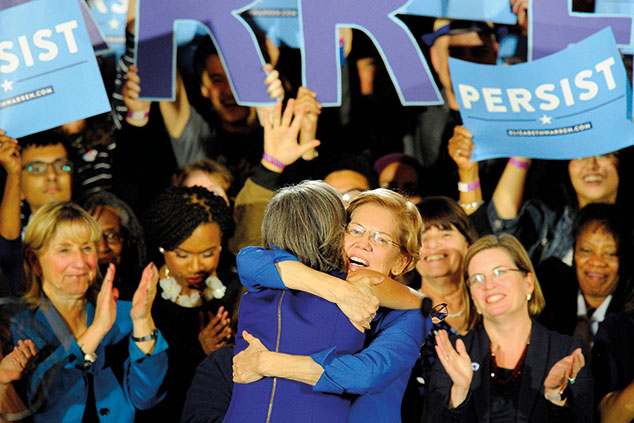
Max King explains why last week’s Budget was really a pretty good one. It saved Universal Credit, as it had to (this is crucial, as the way the old system incentivised part-time work was awful for both our productivity and our deficit). It has probably kept our deficit reduction on track (the Office for Budget Responsibility’s forecast GDP numbers are too gloomy); and it showed the public finances to be in perfectly good enough shape to get us through Brexit. With that in mind you might also look to the remarkably inexpensive UK equity market (if you listen to our podcast, you can hear John Stepek explaining his own decision to sell down his emerging-markets holdings and reallocate the cash to the UK).
Finally, we look at the results of the mid-term elections in the US. So far, as far as the market is concerned at least, it seems that gridlock is good (equities jumped as the results became clear). This makes sense. As analysts at Gavekal point out, there are times when dramatic changes to regulation are a good thing (the deregulation, “dramatic reduction in the flood of new rules”, tax reform and in particular corporate tax cuts of 2016 could all fall into this category). But the majority of the time, “adjusting to a new legal environment chews up time and money”. Had the Democrats taken their blue wave into both houses, there would have been a slew of new regulation (to say nothing of an attempted impeachment). Had the Republicans hung on, there was a risk of more major and contentious policy changes (more tax cuts could have been horribly inflationary, for example).
Both outcomes would have been difficult in their own ways but both would have come with risks to the economy (and it has quite enough of those on the go already). Look at it like that and, while they might make no-one in the US particularly happy, the results of these elections really couldn’t have been much better.